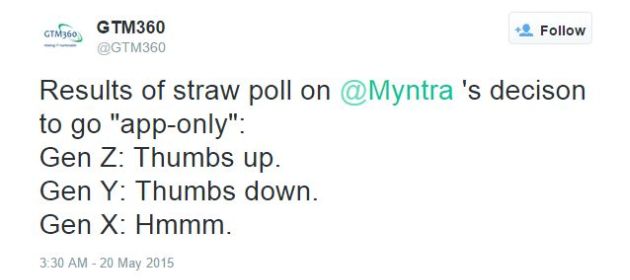People buy from people. People have emotions. Ergo, B2C or B2B, emotions play an equally important role in sales.
There’s a fairly large group of people that subscribes to this view. It comprises mainly of B2C marketers who are trying to switch to B2B marketing e.g. Deanna Lazzaroni in Dear Modern Marketer: I Dare You To Make Me Feel.
Emotions like winning, looking good among peers, fear of failure, and so on, do underpin B2B purchase decisions. However, gaining mileage from that in B2B sales and marketing is very tough because emotions undergird B2B purchases in very different and complex ways compared to B2C. Some of the key differences in the role of emotions between B2C and B2B contexts are described below:
#1. Emotion Can Influence But Can’t Decide
A consumer can buy a B2C product or service merely because they like it but a corporate buyer can’t make a purchase just because they get a “I like it” emotion. In fact, in government, public sector and some business cultures, coworkers and bosses might actually suspect the intentions of a B2B buyer who displays too much fondness for a particular vendor. A B2B buyer would need to enumerate the business benefits of selecting a particular product and vendor. This is true even when we’re talking about the same product in the two contexts e.g. smartphones.
#2. Whose Emotion?
B2B purchase involves several people aka committee. Committees are rife with group dynamics and manifest a so-called “Interpersonal Persona”, as CEB Marketing points out.
Kudos to @CEB_Marketing for highlighting the need for B2B marketers to address Interpersonal Personas. http://t.co/yReb91kGfL
— GTM360 (@GTM360) February 21, 2014
In B2C, it’s only one person’s emotion. In B2B, the big question is whose emotion to consider when different members of the purchase committee are driven by different emotions.
#3. Which Emotion?
Companies urge employees to check their emotions at the door but there’s always some emotion left in play. Problem is, the resultant emotion manifests itself quite differently from the original emotion. As a result, B2B buyers are on the guard whenever sales makes emotional appeals.
I could go on and on but I’m sure you get my drift: It’s very tricky to leverage emotion in B2B sales.
But that’s not to say that it can’t be done.
The trick is to package the value proposition of the product or service in such a way that it drives a powerful emotional preference for it but also provides a list of solid reasons to justify the choice logically.
SAP does a great job at this.
From personal experience of selling SAP and against SAP (as its competitor), IT teams see SAP as a launchpad to their careers. By implementing the world’s #1 ERP, they know their market value will skyrocket. So, many IT teams make up their mind to buy SAP largely based on personal gain. But they obviously can’t justify their preference to their board of directors on that basis. So they need to spin their selection in such a way that their CxOs believe that SAP is the best for their companies. Thanks to SAP’s marketing and partner ecosystem, they’re able to do that by presenting a long list of business benefits to buttress their choice of SAP: Superior fitment via industry-specific solutions, large network of implementation partners, access to global best practices, and so on. (As you can see, this is not the same as post-purchase rationalization involved in B2C.)
In actual practice, for reasons highlighted in The More ERP Changes, The More It Remains The Same, very few companies actually realize these benefits. But, by the time their CxOs realize that, it’s too late to rollback their decision to buy SAP.
To conclude, emotions do play a role in B2B but amateurish attempts to exploit them will backfire in B2B sales and marketing.


